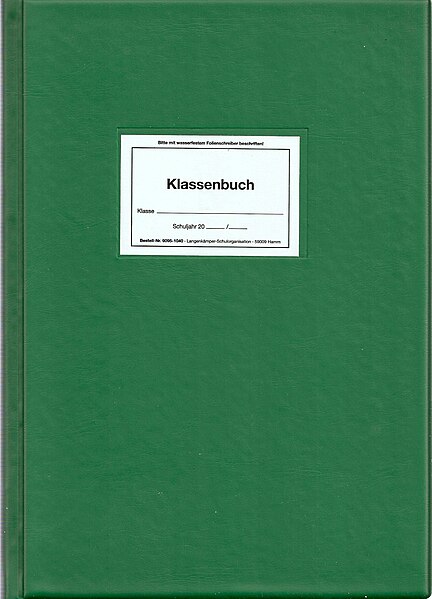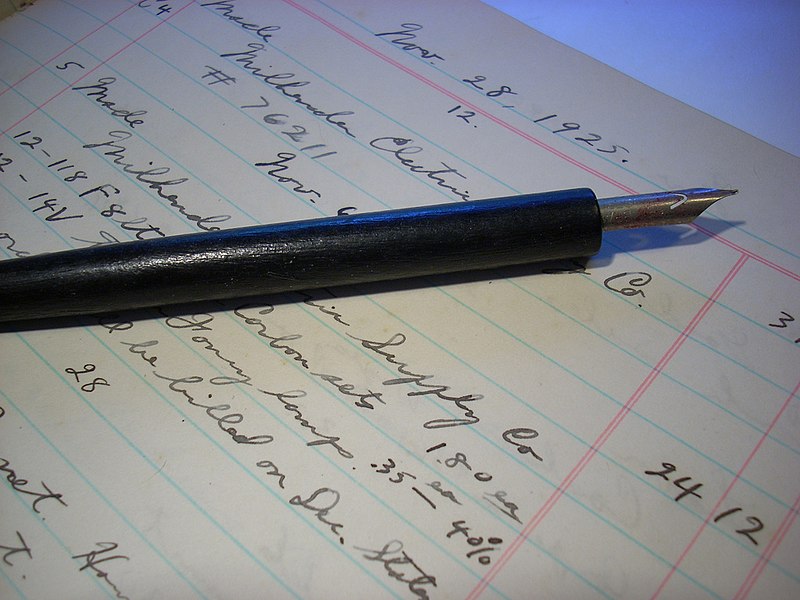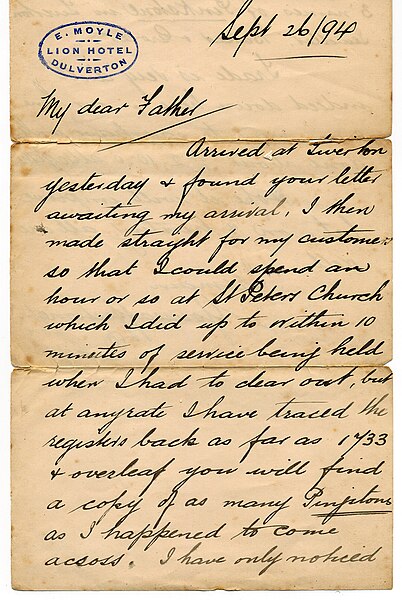If I were Sophocles, brave with truth
I would play my old fiddle a sharp tune or two
And then withdraw into the uniqueness of rock
Which your special penmanship changes into lock
For your l’s are special, as in Elgin Penitentiary
Where you have never been, my expressive farmer
Preferring liberty to freedom or a penitentiary

The baroque swoop in your l’s is for enhancing liking
I like you because I am mad at you
Often you are mad at me too
All very spectacular
But it’s awful when the other person isn’t breathing

Friendship tempts you to essay the r in rock while breathing
Your friend Rock likes you
Jean
Frank
Paul
Matthew
Joy
Austin
And people
Like that
Like you
Goya is a tremendous painter
Goya is dead
But the poetry of penmanship is never dead
While you are writing
We survive for a while, and then we die
And this is but the beginning
Your d pirouettes then later you die
But there is no reason for you to care about any of that
For you have become the virtuoso of capital F
Even if tomorrow we die
I am still free to go on choosing whomever I like

I go on choosing you
And you go on choosing me
Over and over again
Irrespective of merit

Spencerian script: D.L. Musselman, 1884




7 comments:
Tom you seem to be mirroring quite a few of my feelings and experiences, maybe we're all just at different places round the same wheel? I've been struggling with the loss associated with the memories of a friend who passed on. It's been a big anniversary, but instead of joy at knowing her I always feel terribly sad that she's gone. But you've hit on such a strong positive and it's really resonated: we'd still choose each other. More than that I can still feel her here if I allow myself to see the scenes we played and to imagine her at the other end of the letter which I am reading (I kept so many luckily - hoarding is good). I can still see her face concentrating on her words. What we miss so much is the loss of the chance to reinforce memories and to see where the relationship would have gone. It's reassuring to think, well actually to know, that we would still be friends. Thank you.
P,
Well, this is affecting. You put me in mind of the way in which, back when letters were written by hand, one could summon up so much of the person who was addressing us simply by following their physical trace in their handwriting, always so very expressive of the personal in ways that electronic transmission can never duplicate. You are fortunate to have those old letters. When I look at old letters from those who are gone it is always difficult to fight back tears. But as one grows older there are inevitably more loved ones gone than surviving and thus more occasions for this experience of love and loss rolled up into one. But perhaps to speak of it helps us understand the universality of it, and to remember that when we are gone and can feel no more, hopefully we will have earned the tender backward glances of one or two of those who remain. But ah, 'tis late, and I fear my light hearted little poem has made both of us sad now--but perhaps in a "good way" (?).
Oops - sorry Tom. I was already sad. Your poem helped me feel a bit happier, but perhaps I just passed on the sadness to you. I do apologise.
I love your poems, they often breath melancholic beauty, which I probably tend to look for in all of them.
P,
If you are happy then so am I. (Despite my chronic melancholy!)
I don't know Tom whether a poem encapsulates the mood of the writer or takes on the mood of the reader, maybe every individual's perception creates a brand new poem out of it? Interesting...
Teachers of penmanship used to go to elementary classes for special instruction periods not so long ago. I spent some time a few years back looking through nineteenth-century elocutionary manuals and many of them devote some time to handwriting, though it's usually the books on business and etiquette that stress good pen work. Wasn't there someone, in the forties/fifties, at Reed College who taught Philip Whalen et al. calligraphy?
Dale,
Phil studied calligraphy at Reed under a great master of that art, Lloyd Reynolds, and certainly that instruction, along with his extensive study of the Asian tradition of graphic poetry, played a great role in his development of the graphic aspect which is essential to his poetry.
Post a Comment